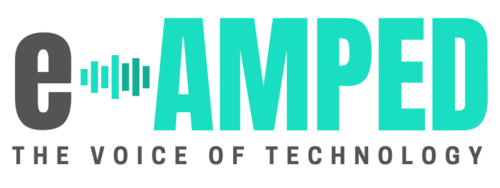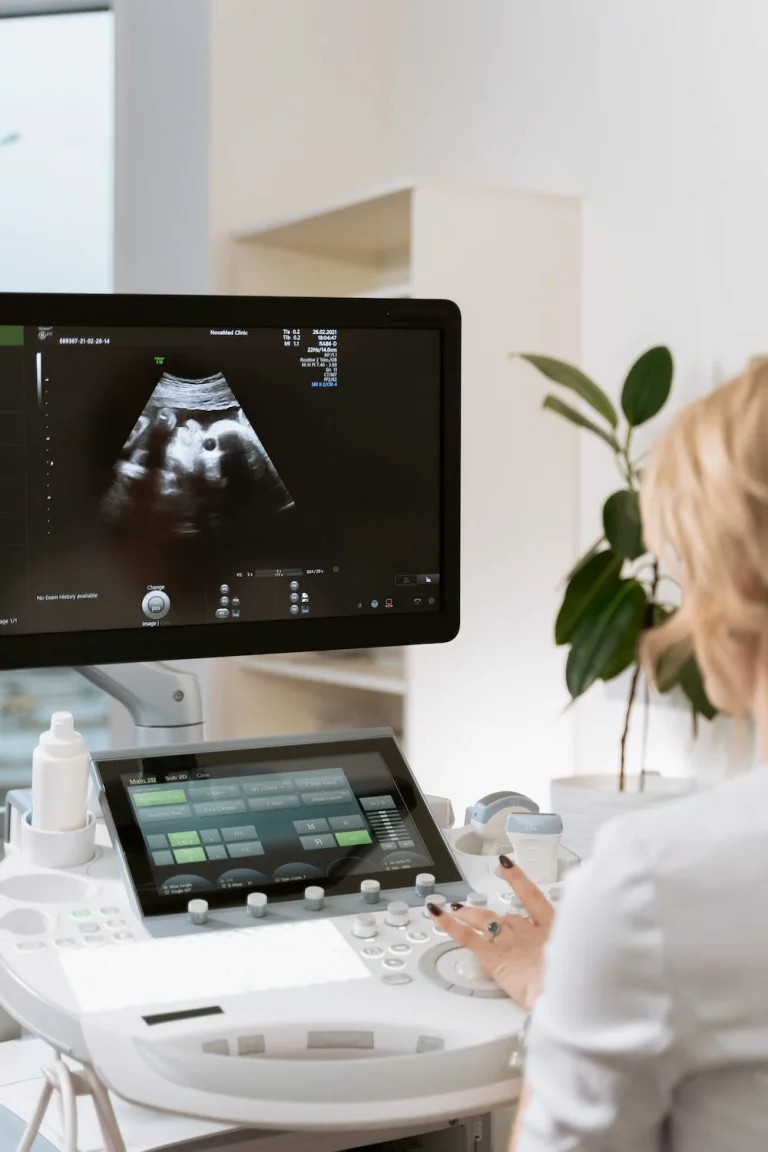The health care industry is widely known to prioritize patient safety and data confidentiality. However, as a result of ongoing budgeting difficulties within this sector, many facilities are operating on outdated technology that is leaving them vulnerable to physical incidents as well as cybersecurity attacks. Continuing to operate with such systems can have numerous consequences, and it’s critical for hospital administrators to understand just how valuable hospital security cameras and other equipment can be.
Handling health crises more efficiently
Many hospitals, in particular, emergency rooms, are less-equipped to deal with emergency mental and behavioral health situations. Unfortunately, dedicated mental health facilities are often able to accommodate only a fixed number of patients at any given time and frequently find themselves with no other option but to send overflow cases to the ER. While it’s still a better alternative to a patient going without treatment, it can often lead to a compromise in the safety of patients and staff alike.
Modern security camera systems, unlike their static closed-circuit counterparts, often follow a plug-and-play model that allows for more flexible camera placement. For an emergency room unit that has seen a significant uptick in mental and behavioral health cases, it’s easier for faculty to ensure more effective coverage of waiting rooms as well as examination and treatment rooms.
On top of this, an updated security camera setup might also come with an alert system that allows staff to be more proactive when handling sensitive cases. Instead of relying on a security guard to constantly monitor a live feed, several staff members can receive alerts in near real-time, allowing them to more capably handle patient safety concerns. Especially where mental health is concerned, some patients may be in a position where they’re more likely to cause harm to themselves and others. A more effective security deployment could not only promote proactivity but act to deter these behaviors in some instances.
Less digital fallibility
The health care industry has seen its fair share of cybersecurity threats, and this is where the distinction between legacy and modern hospital security systems comes into play. A good number of hospital facilities are behind the curve when it comes to battening down their digital hatches, so to speak. Many rely on closed-circuit cameras as well as an on-premises NVR or DVR server system. Naturally, older technology wasn’t always designed with digital protections in mind, which means that these systems are prone to tampering, hacking, and dismantling.
This doesn’t mean that every system released in recent years is infallible. But a great number of companies have developed products and software that are virtually immune to hacking attempts, which means no unscheduled camera downtime, no lost footage, and no access denials caused by a third-party attack. In an industry that needs to maintain certain levels of compliance, and not only with patient records, but it’s also crucial that health care facilities are doing everything in their power to incorporate more effective technology.
Plus, with the potential for remote access, it makes for much easier staffing because you can operate with fewer onsite personnel and ensure that every hand on deck is critical to ongoing operations. This can even offset the cost of implementing a new camera system without compromising the facility’s overall performance while also freeing up funds for other improvements down the road.
A true necessity
From ensuring greater patient safety to modernizing how your facility works, the need for a functional, effective security camera system can’t be overstated. It’s an absolute necessity for more holistic hospital security and can bring peace of mind to both patients and staff members alike.






